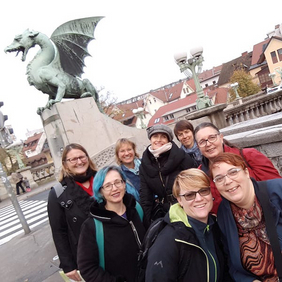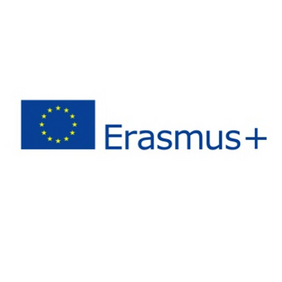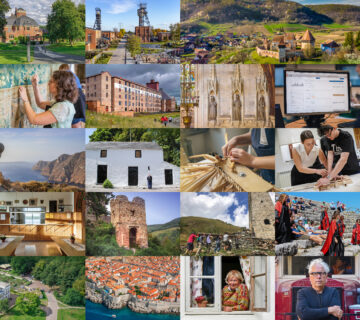I have always been fascinated with heritage. This came to me, like to most of us, naturally. From the first fairy tales and bedtime stories, to discovering new worlds hidden in the first books I read on my own. The fascination did not end there; it continued with discovering legends and stories told by wise old people. Legends have always been a very important part of my life. They were my escape from loneliness, fun when I was bored and a place of escape when something did not go as planned. And fascination with old stories and my work in tourism led me to the Certified Interpretive Guide (CIG) course in Slovenia. I shouldn’t forget to mention that I am from Croatia and not a native speaker of Slovene. So the adventure began.
When I got the invitation to join the training course in Slovenia I had no second thoughts. I had wanted it badly and for a long time. So I said a big ‘Yes’ to the opportunity. The day before the trip from Zagreb to Ljubljana, I became pretty anxious about my ability to speak Slovene. To be perfectly honest, I was not at all sure of my capacity in Slovene language in general. ‘Well, you have watched Kekec (Slovene youth film) and Pippi Longstocking in Slovene as a kid, you will be fine!’ I was comforting myself like this all the way to Ljubljana. But that is easy to say and hard to accept.
Even the trip was some kind of adventure. At the train station in Zagreb I was looking for a place to sit down. I picked a place next to a young man who was reading a REAL book, and that was a good decision, because he really liked stories and languages. We talked all the way to Ljubljana.
On the first day of the course, I was asked by the trainer, Janja Sivec, if I would like her to explain some things in English, but I said no, because I didn’t want to slow the group down, and I was the only foreign one in the group. After a few sentences, I was thinking, ‘OH MY GOD!!!! Why, oh why have I chosen the hard way? I do not understand a word!’ But I remembered one friend telling me once when I was shaking with cold, that you just have to relax and calm yourself and you will be fine. So I decided to take his advice, even if this course was not related to the cold. And after a while, I was able to understand everything. I was simply amazed. And not just with my sudden ability to cope in another language, but with the fact that I was surrounded by a group of terrific women. These amazing ladies, every single one the expert of their field, were just great. Such an amazing, mixed aged group with experts in nature science, herbalists, tour guides, costumed tour guides and nature interpreters.
In five intense days, empowered by women’s energy, we were confronted with challenging exercises and tasks that constantly shook us out of our comfort zone. Role playing, learning new skills, pushing our boundaries, getting to know and use new techniques⦠we got all that and more in those five days. I was fascinated with how much spark, and an honest wish to learn new things, was shown by the participants in this course.
I am thankful to Janja, our trainer, who gave us guidance and did her best so that we left Ljubljana with new ideas, knowledge and tools to use in our work. I can hardly wait to finish my homework and apply this new knowledge in my work. And when you wish for something really hard, not even a language barrier will stand in your way. So I would suggest to everyone to get out of their comfort zone and go on a new adventure.
Elizabeta Milanović Glavica is a Managing Director of the Central Podravina Tourist Board in Virje, Croatia (www.tzp-sredisnja-podravina.hr). You can get in touch with her at: info@tzp-sredisnja-podravina.hr or elizabeta.milanovic@gmail.com.
To cite this article:
Milanović Glavica, Elizabeta (2018) ‘Training course in a language I don’t speak’. In Interpret Europe Newsletter 4-2018, 14.
Available online:
www.interpret-europe.net/fileadmin/Documents/publications/Newsletters/ie-newsletter_2018-4_winter.pdf




